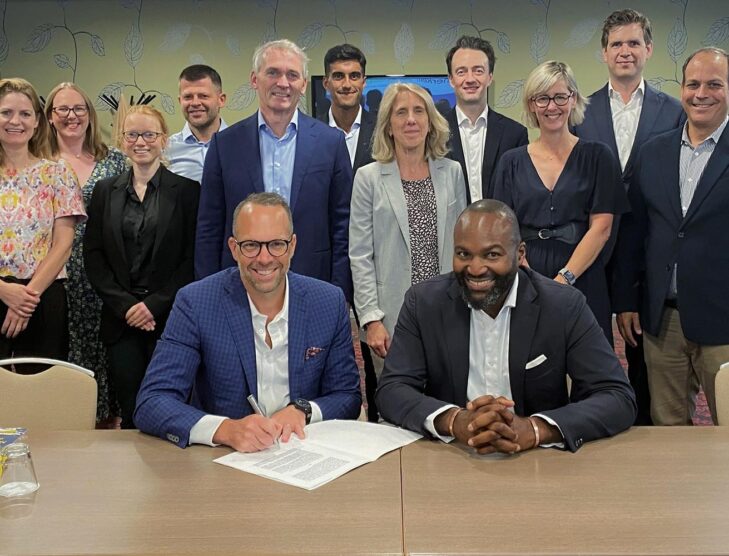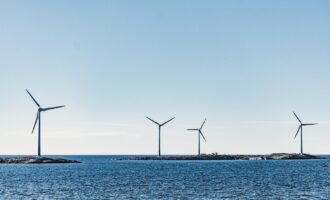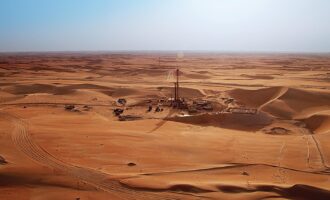
Enerkem and Dimeta plan 2 large-scale waste-to-DME projects
Montreal, Canada-based Enerkem, the first company in the world to produce bio-methanol from mixed waste at commercial scale, and Dimeta are initiating feasibility studies of two large-scale projects that will convert waste into renewable and recycled carbon dimethyl ether (DME).
Dimeta is a joint venture between SHV Energy and UGI International, two of the largest off-grid energy suppliers, developed to further the production and use of renewable and recycled carbon dimethyl ether (DME), a low-carbon sustainable liquid gas. Headquartered in Leiden, Netherlands, Dimeta’s goal is to create 300,000 tonnes of renewable and recycled carbon DME production capacity by 2027.
Dimeta and Enerkem have successfully completed pre-feasibility studies for these projects and are now moving into the feasibility phase. They are targeting the start of front end engineering and design (FEED) next year.
Each project is anticipated to produce approximately 165,000 tonnes of renewable and recycled carbon DME per year from mixed residual waste. These projects are planned to be located in Northwest Europe and in the Gulf Coast of the United States.
DME is a clean-burning fuel that can support decarbonisation of the off-grid energy sector, including heating, cooking, transport and industrial applications. DME is chemically similar to liquified petroleum gas (LPG) and can be blended up to 20% and ‘dropped-in’ to existing LPG supply chains. It is estimated that this pathway can reduce emissions from the more than 200 million tonnes of LPG used for energy each year globally.
The impact of the DME produced from the two projects combined would be the equivalent of significantly reducing the carbon footprint of more than one million LPG-heated homes, when it is blended with LPG.
In addition to its commercial demonstration scale facility in operation in Alberta, Canada, Enerkem is currently involved in the development and building of new commercial scale waste-to-methanol facilities in both Canada and Europe. Enerkem will use the design and development of these facilities as the basis for the design of these new projects, combined with an additional methanol-to-DME synthesis step integrated at the end of the process.
The two DME projects with Enerkem, built upon the announcement of the first of a kind waste-to-DME plant spearheaded by Dimeta in the United Kingdom, is set to be operational in 2025. The projects with Enerkem are a key part of achieving Dimeta’s goal of creating more than 300,000 tonnes of sustainable DME production capacity by 2027.
“We are excited to collaborate with Enerkem to transform large volumes of non-recyclable waste into renewable and recycled carbon DME on a global scale. This partnership is another significant milestone in Dimeta’s journey. Enerkem has vast experience in the development of renewable solutions, and I look forward to seeing how we continue to revolutionise DME to deliver a greener future for off-grid communities.” said Frankie Ugboma, chief executive officer of Dimeta.
“We are committed to supporting Dimeta in achieving their decarbonisation goals. This development is an example of our technological platform’s flexibility as a key enabler for hard-to-abate sectors. Our joint projects can form the basis for further project developments globally within the off-grid energy market and are an opportunity to expand Enerkem’s waste-to-methanol platform,” said Dominique Boies, chief executive officer of Enerkem.









